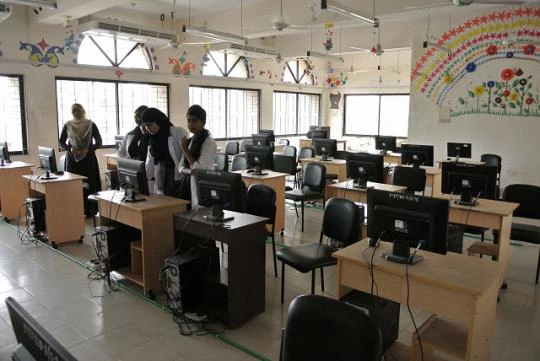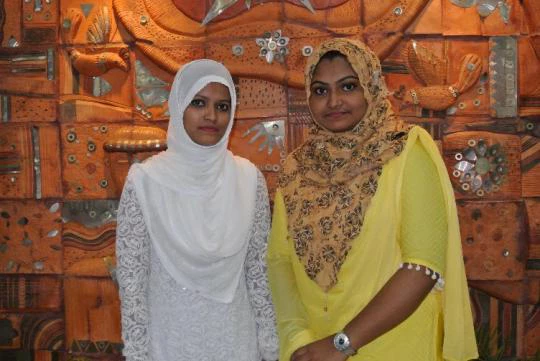The Skills and Training Enhancement Project (STEP), since its inception in 2010, has supported vocational training institutions to improve the quality of training and expand access for disadvantaged youth in Bangladesh. 33 polytechnics are currently receiving financial assistances from STEP for their institutional development. Vocational training institutions in Bangladesh have plenty of investment needs that are long overdue – degraded facilities, obsolete instructional machineries, outdated ICT tools, absence of qualified instructors, to name but a few. Such neglects are no longer tolerable in the face of growing concerns over technical skills gaps in the Bangladesh’s labor market, and the government is committed to expanding and improving skills development training in Bangladesh. STEP’s support has proven very effective to help the institutions to improve their training services.
“After STEP, the pass rates of our students have increased. I think it is because we are now fully staffed and can use much better facilities and teaching equipment. Because our school is a women’s polytechnic, a clean learning environment is very important for students and students’ parents. Using the fund from STEP, we quickly renovated classrooms, library, and laboratory, and replaced outdated ICT equipment and learning tools with latest ones, which are now attracting more and more girls to come to the polytechnic. We are extremely thankful to STEP for giving us an opportunity to provide more attractive and better-quality technical education to girls in Chittagong.”
Support to female students is one of the priorities of STEP. Despite the growing labor market opportunities for women, opportunities for technical and vocational education for women are still limited. Skills development should be part of career development path for women, too. Female students in Chittagong Mohila Polytechnic expressed high hopes for their future career and voiced the importance of skills training for women.
Ms. Syeda Tasnem Sultana and Ms. Nazmun Nahar – two female students studying Architecture and Interior Design at Chittagong Mohila Polytechnic – are testimony to the tremendous benefits that vocational training can bring to female youth. In June 2014, STEP organized first nation-wide “Skills Competition” inviting students in all 93 polytechnics throughout the country. Having won the institution-level competition and regional level competition earlier this year, Syeda and Namun appeared at the National Skills Competition on June 19, 2014, representing the Chittagong region with their creative one unit housing and interior design model – specifically designed for maximum utilization of limited land space (land shortage is a serious urban problem in populous Bangladesh). Among the 50 teams competed in the national competition, they were awarded the 7th place and even honored by the visit of the Prime Minister.
Speaking about their future dreams, Syeda and Namun confidently said, “We want to start up our own architecture and interior design consulting company in the future. We believe it is important for girls to be skilled in many areas, especially in areas where we can show our creativity. With the necessary skills, women can become female entrepreneurs and create work for other women.”
By skilling up female youth like Syeda and Namun, Bangladesh will be able to maximize productivity and creativity of its young and dynamic population for even greater economic and social progress.




Join the Conversation